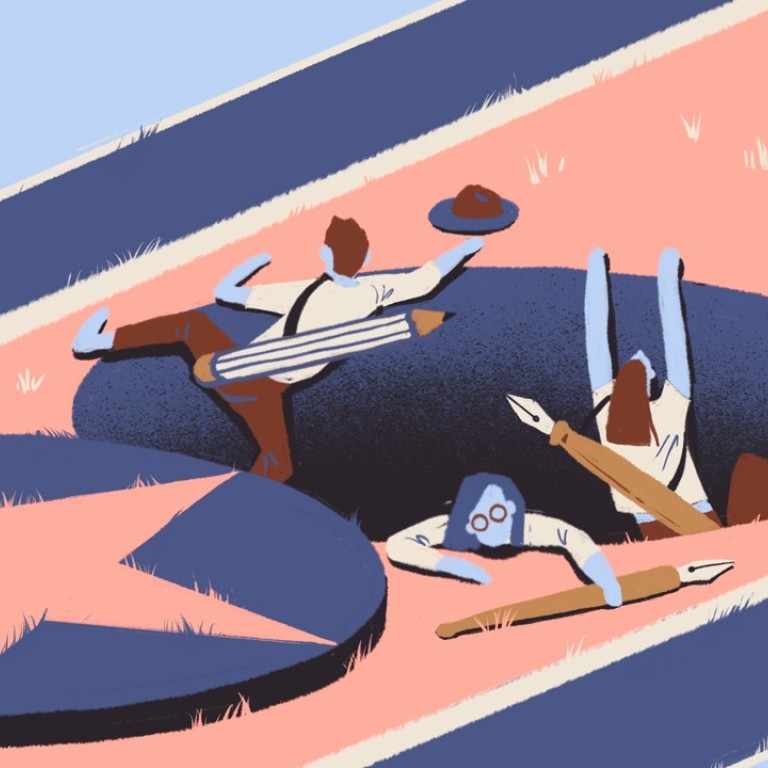
How two creative North Korean defectors are speaking out about lives on the other side of the wire
The creatives give accurate pictures of the people and places they left behind
Cartoonist Choi Seong-guk and writer Ji Hyeon-a each made separate harrowing journeys out of North Korea to the South but they have a common cause.
Each has used their art to give South Korea an accurate picture of the people and places they left behind and to build bridges on a divided Korean peninsula.
They are vital links between two cultures that share a language and history but are otherwise a world apart.
For Choi, 39, each of the 32,000 or so North Koreans in exile in the South represents an opportunity to influence not only people in their new home but also their family and friends in the North.
“I guess the fastest way to reunification is to use us, North Korean defectors, and bring in much more South Korean culture into North Korea,” he said.
“We ... have really strong human contacts in the North, but I have no idea why the [South Korean] government never uses this.”
Sold and separated: the trafficked North Korean women trying to bring their Chinese children ‘home’ to the South
For Ji, also 39, defectors have a story to tell South Koreans about their own lives.
“As a defector, I want to tell South Koreans that they have to realise what they have. Freedom, happiness and love. Things that North Koreans desperately seek their entire life. [South Koreans] have something very valuable, but they have no idea how valuable it is and are not willing to share it,” she said.
ART AS A WEAPON
Like other North Koreans, Choi grew up blindly worshipping the Kim regime.
His career in cartooning began when he drew a “patriotic” picture about Americans invading Korea and his artistic talents were spotted by a secondary schoolteacher. He went on to become an animator at North Korea’s premier April 26 Animation Studio, which exports children’s cartoons and does subcontract work for foreign animation companies.
His work in Pyongyang brought him in contact with foreigners, who were a window into a much wealthier outside world. Choi was then determined to make money and started a business reassembling second-hand computers smuggled from China.
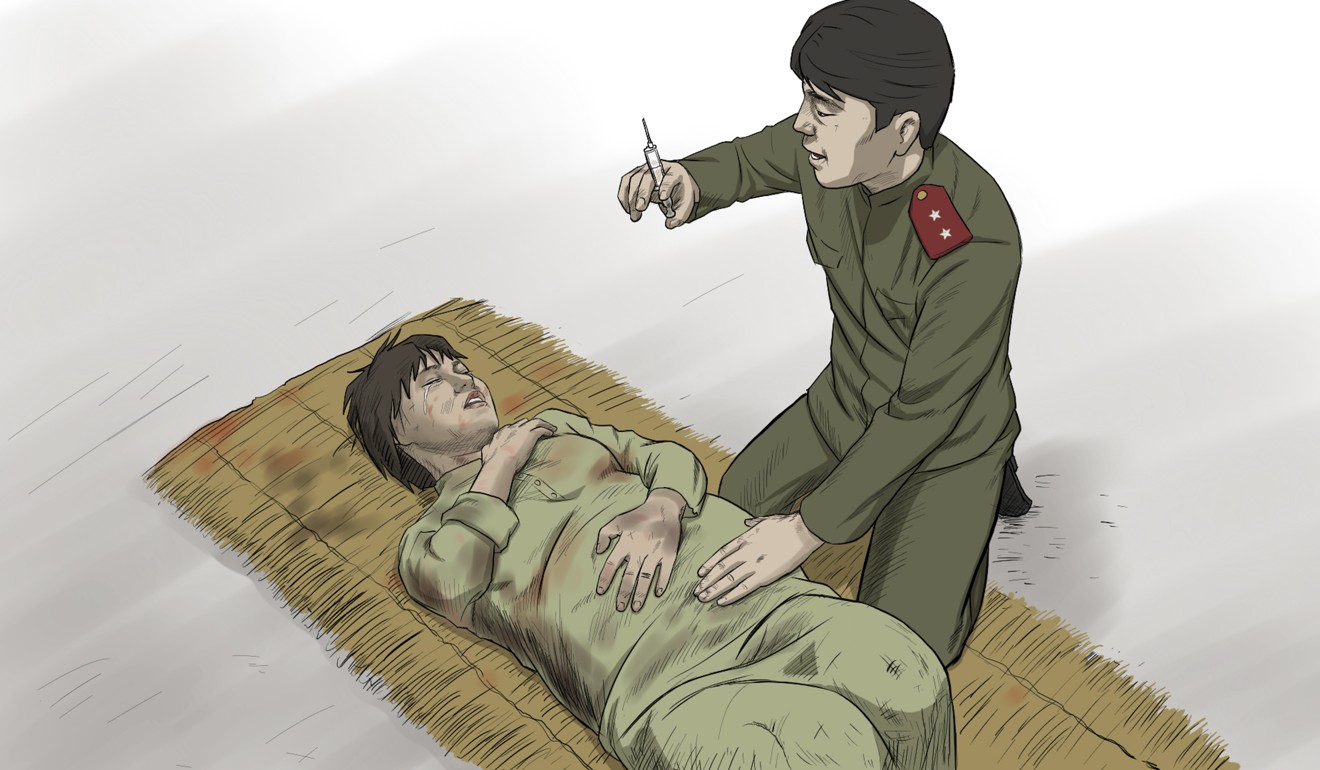
In among the hardware were software stowaways – South Korean TV dramas that he copied onto DVDs episode by episode to sell or give as gifts to his girlfriend and her parents.
But watching South Korean dramas is a crime in the North and the authorities banished him from the capital to the countryside when they discovered his activities.
“Being banished from Pyongyang is the same as dying in North Korea. People say Pyongyang and Seoul are 70 years apart, but Pyongyang and the countryside are separated by a century,” he said.
“In the North we have two different sets of law, one is called the Pyongyang law and one is the countryside law. Which means, the countryside exists [only to support] Pyongyang.”
North Korean defectors grab China lifeline to smuggle cash, goods to family back home – despite dangers for those left behind
Life outside the capital was so difficult that Choi decided to leave the country and head to the South via China. His family went ahead of him, but he spent six months in a camp as collective punishment.
Choi made it out and reached the South in late 2010 after just a month and a half via China, Laos and Thailand.
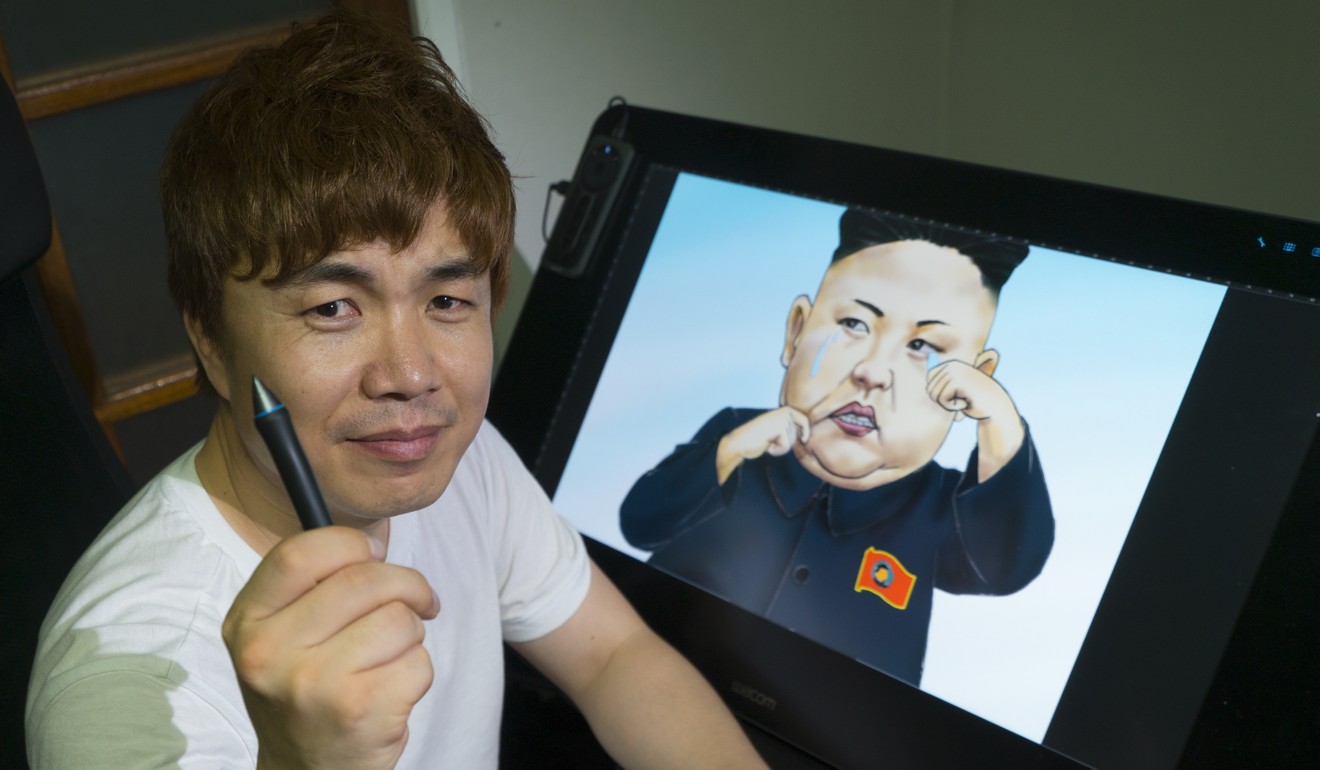
After settling in Seoul, Choi was determined to have an impact on people on both sides of the military demarcation line. He first worked as a radio and video show host but later took up the pen again to illustrate the deprivations of the North and the plight of North Korean women sold to Chinese men.
He has also tried to bridge the cultural divide between the two people, making fun of the social differences between the North and South.
What South Korea doesn’t want defectors from the North to say about the Kim Jong-un regime
He smuggles the cartoons into North Korea in the hope of changing the population’s outlook, one mind at a time.
“I want to open up North Koreans’ views towards capitalism … Through my cartoons and videos that I continuously smuggle into North Korea, I want to open up their perspective towards the government,” he said sitting in his small public housing flat in Seoul.
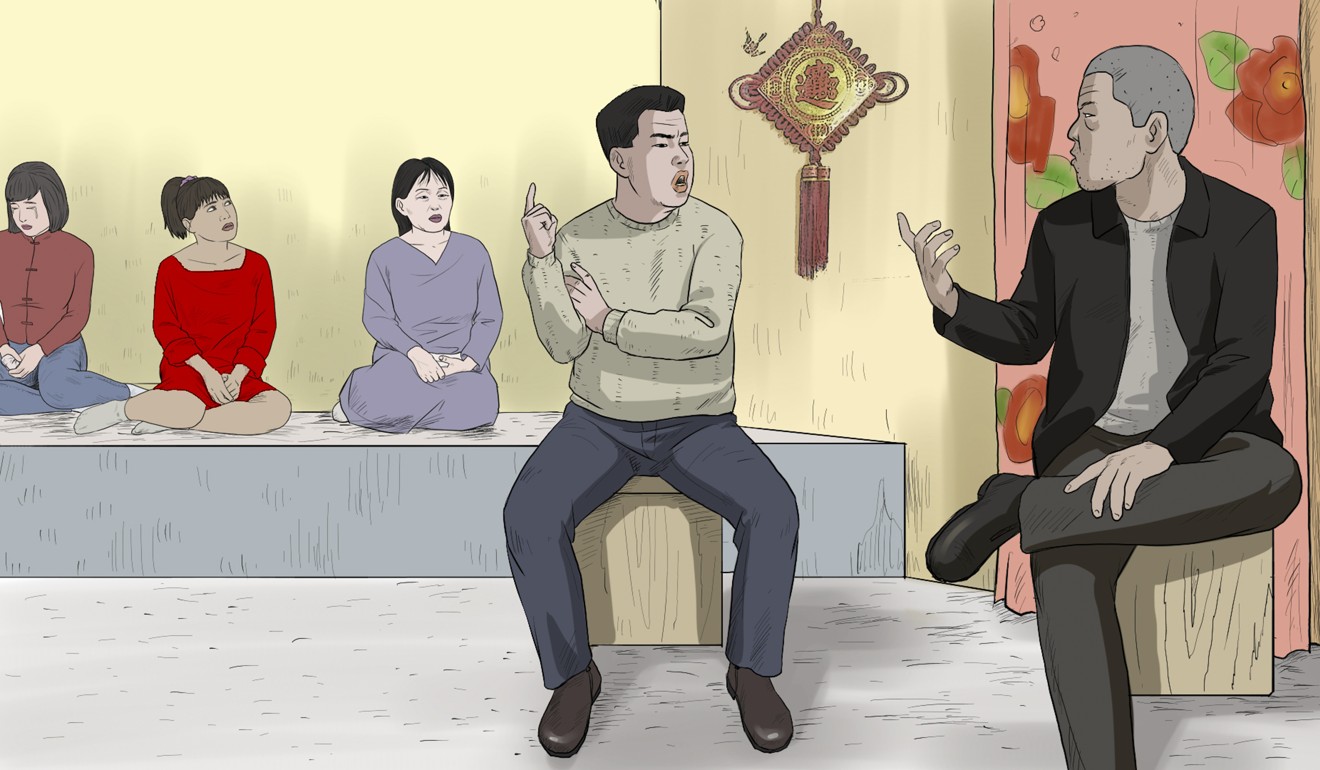
He said smuggling from China was so rampant that it had created “an infrastructure” to influence North Korea.
“North Korea brings in daily necessities, culture and everything it needs from China,” he said.
Choi also has a message for the South.
“I want to show the negative sides of North Korea to South Koreans so they will have sympathy ... Culture is stronger than a nuclear weapon,” he said.
“If the government allows us, the North Korean defectors to bring in the culture, we don’t need any nuclear weapons, we can reunify through culture.”
HUNGER FOR FREEDOM
Ji looks every part the typical South Korean woman, with a new life and a new home in Seoul. She speaks with a South Korean accent and is married to a South Korean man.
But the appearance masks her nine-year ordeal of four escape attempts from the North, three repatriations from China, and starvation and torture in North Korean reeducation camps. Ji was also twice sold by human traffickers who wait on the Chinese side of the border to prey on fleeing women.
Ji has been outspoken about her experience, speaking on the international stage using her real name and using her traumatic times as inspiration for her books, poems and play.
She said her desire to tell the world about what she saw in North Korea sustained her through the extreme hardship.
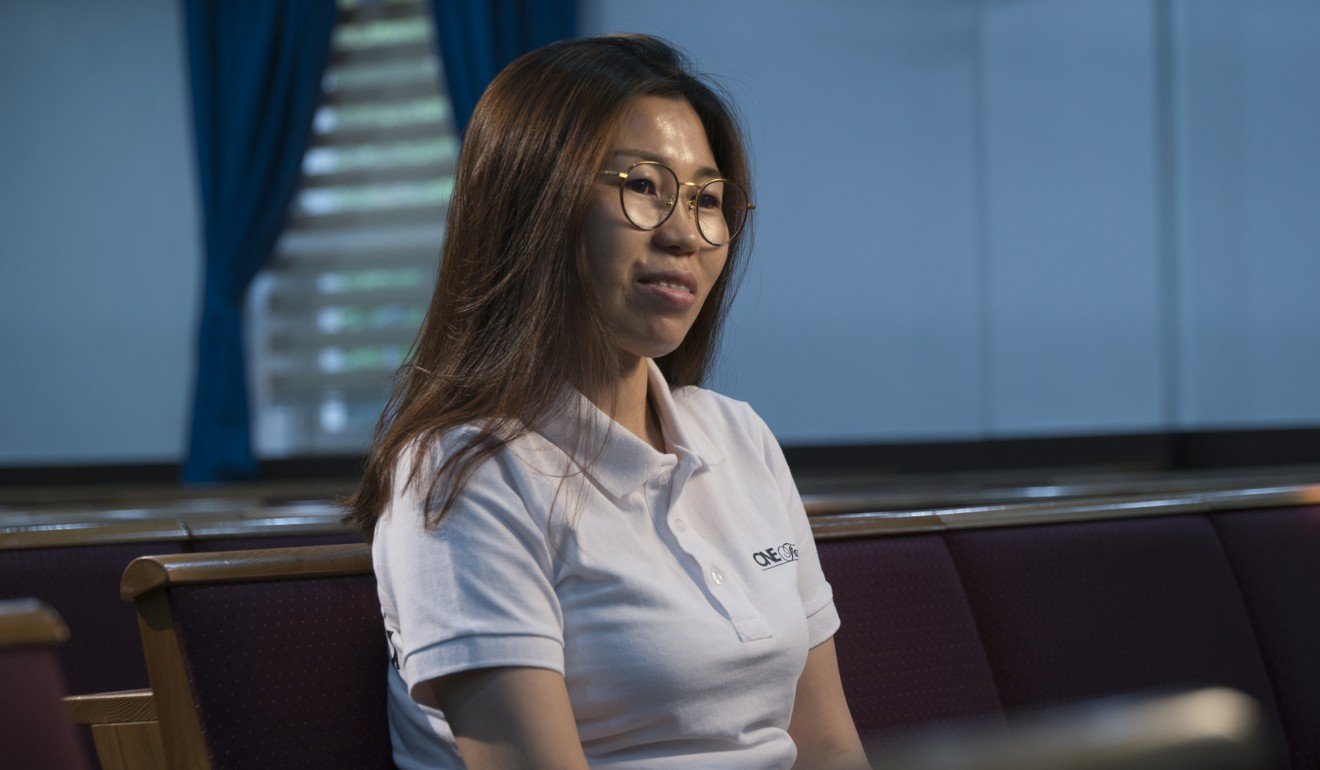
Ji’s first failed attempt out was in the late 1990s when she was in her late teens.
Her father was Chinese from an ethnic Korean minority who fled to North Korea during the Cultural Revolution. He stayed, had a family, and in 1998 arranged for his wife, two daughters and son to escape to South Korea via China.
They left separately to avoid attracting attention but Ji’s father was arrested in China and never seen again.
“We were supposed to meet him at a predetermined location in China, but we have not known of his whereabouts for the last 19 years. My mother, two siblings and I were immediately repatriated,” she said.
Ji was sent back to North Korea and interrogated. She tried to flee again later in the year but was caught by traffickers in China. She was eventually sent back to North Korea and to a camp where she and her fellow inmates endured extreme hardship.
“They gave us very little to eat in the camps. Once there was a four-year-old boy crying from hunger so the next meal time a lady decided to give all of her food to the boy. But the boy still cried,” Ji said.
“She gave him her lunch, dinner and even all of her meals the following day. While she was starving, she coughed up blood. She coughed up blood all over the boy’s clothes, and even his face. But he was still crying from hunger. I wanted to escape to let the world know what was happening.”
A third escape effort also ended in failure and a stint at another camp, where the now pregnant Ji was forced to have an abortion without anaesthetic.
She made it China a fourth time and was again sold to traffickers. Finally, after six more years, she obtained a fake South Korean passport and took a ferry to the South, where she was reunited with her mother and siblings.
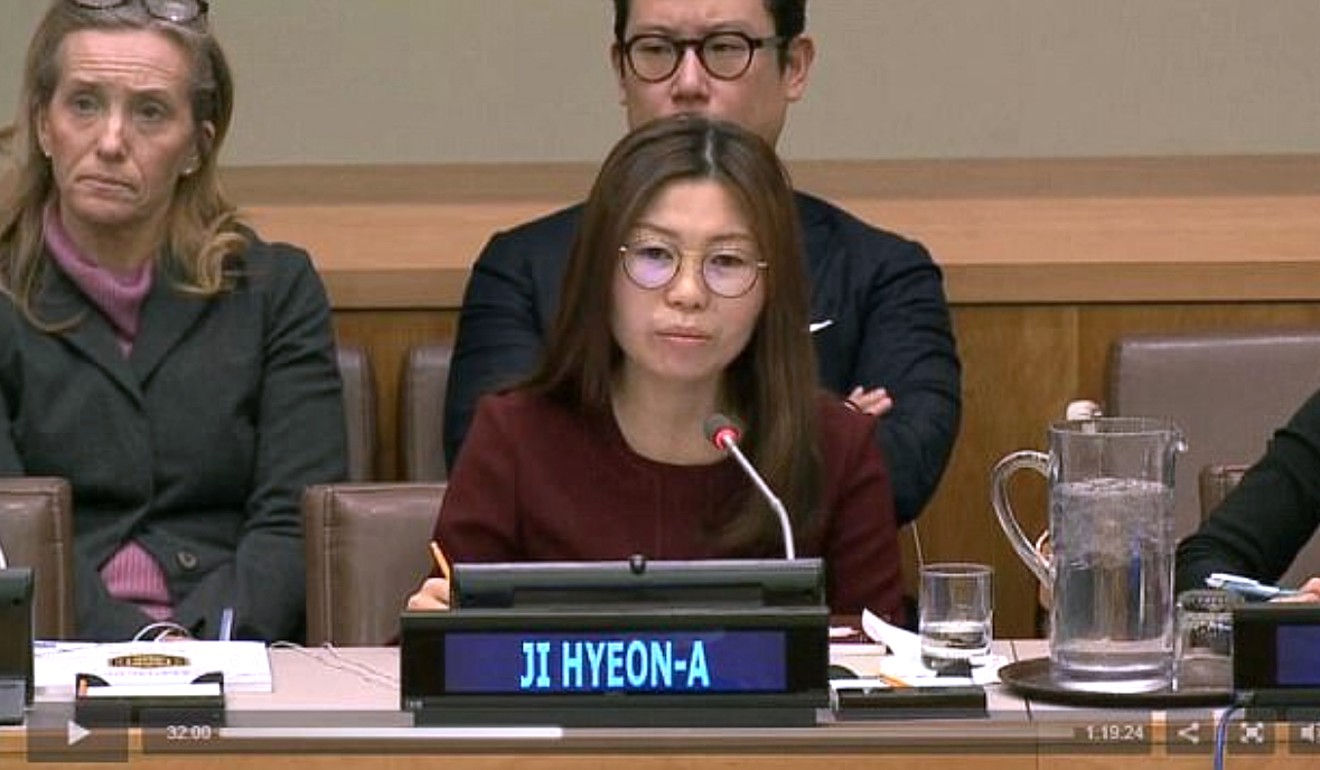
Ji said her survival was a miracle among the countless deaths she witnessed from starvation or food poisoning from people eating insects, rats, and frogs in the camps.
“Other [inmates] ate raw frogs and rats, but I never tried them because many people who ate frogs and rats died of infections,” she said.
“I just ate locusts. I caught them in the fields, tore off their wings and legs and just ate them. It was so delicious. I actually wanted to try it in South Korea but I just couldn’t put one in my mouth. It sounds quite funny now but back then it was one of my favourite delicacies. That’s how I endured my hunger.”
Ji said she had always dreamed of being a writer and when she reached the South, she used “the blood and sorrow of the dead as my ink, and their tortured and bruised bones as my pen”.
“In the camp, even though I didn’t have a pen or paper, I took photos with my eyes and stored them in my head, desperately hoping to publish a book in the future.”
She testified at the United Nations in New York last year and to the US State Department’s first Ministerial to Advance Religious Freedom.
North Korea plays the cruellest game with family reunions
Ji became a Christian when she was in China and said she was forced to deny her religion during her incarceration.
She said life could still be a struggle and – like other defectors – she had to take medication for epilepsy and sleeping disorders.
“Most of us suffer from the consequences of torture, just like me ... After all the hardship, some of us ... are unable to walk ... Those who finally arrive in South Korea are outcasts here. I have seen many such cases and this is tragic,” Ji said.
“It is difficult for us to settle down in South Korea [as there are many] stereotypes about us ... But there are also good South Korean people.
“So just give a chance to defectors who risk their lives and came here for your help. We just want to share those things, we are not a bad people. Just remember that we are citizens in one nation and family under the name of the Korean peninsula.”
Additional reporting by Jeong-ho Lee

